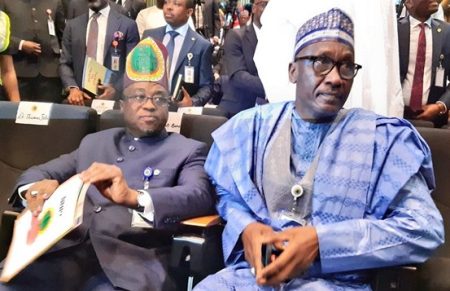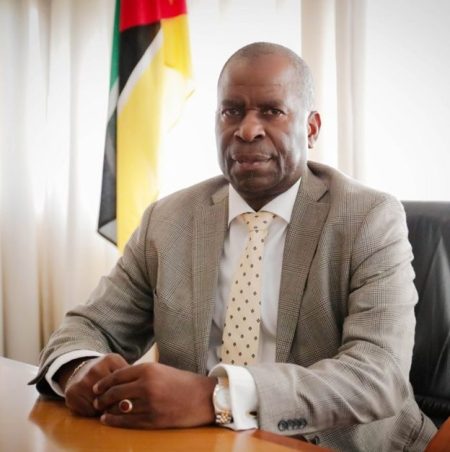1 November 2011, Sweetcrude, Lagos – Nigeria’s gas reserves have remained stagnant in the last six years, according to the chief executive officer of one of Nigeria’s leading indigenous oil exploration and producing companies.
Disclosing this at a pre-conference workshop of the Nigerian Association of Petroleum Explorationists (NAPE) in Lagos, Mr. Layi Fatona, managing director, Niger Delta Petroleum Resources, said Nigeria was not discovering new gas due to lack of exploration activities.
He said, “Nigeria is not discovering new gas and the only way to discover new gas is to do exploration work, and to do more exploration work is to have more investments.What that tells you is that nobody is investing in oil exploration and gas operation. All the gas we have found is through exploration for oil and if we have not found new gas it means we have not been exploring for oil.”
He attributed the development to the worsening operational environment and the non-passage of the Petroleum Industrial Bill (PIB).
“When we have favorable weather condition and the quick passage of the PIB, Nigeria’s gas reserves will improve,” he argued.
In his address at the pre-conference workshop, NAPE President Mr. Jide Ojo, said one of the potential drivers for the growth of the Nigerian oil and gas industry is renewed search for alternative energy.
“This search is driven mostly by increasing but fluctuating oil prices as well as an alternative source of energy due to its natural occurrence as fossil fuel and its abundance which is recognized globally as a cleaner source of energy with mostly carbon dioxide and water vapor as by product,” he said
Ojo believes that Nigeria will come out from dormancy and an apparent state of flux regarding gas development and moving the gas commercialization train forward to the next level with significant potential for gas revolution through the unveiling of the President Gas Revolution Agenda on 25th of March 2011.
In his presentation, the Managing Director/Chairman, Chevron Nigeria Limited (CNL), Mr. Andrew Fawthrop, noted that there was the need for a transition from just oil to oil and gas based economy. This, he pointed out was the enabler for exploration and commercialisation.
Fawthrop, who was represented by Mr. Steve Freeman, CNL’s director, Gas, said there was the need to determine the price of the commodity. He also stressed the need for effective guarantee for payments for the supply of the commodity.
According to him, to encourage operators to invest in the business and undertake effective exploration of gas, issues like policy, infrastructure, market, partnerships and security must be addressed in the industry.
He maintained that when there are clear and consistent policies, players would be encouraged to make investments that would in the medium and long-run, transform the petroleum sector.
Fawthrop said the industry would further emerge as a key player, and that would encourage downstream investments. He said that companies would, therefore, be encouraged to consider exploration portfolio.
The Group Executive Director, Exploration and Production,, Nigerian National Petroleum Corporation, Dr. Andy Yakubu, said steady growth in the demand for gas remained a good reason for stakeholders to invest in its exploration. He said that this was good for the country’s growth, especially in terms of national output.
Yakubu, who was represented by the Group General Manager, National Petroleum Investments Management Services, NAPIMS, Mr. Morrison Fiddi, placed the country’s gas reserves at 184 trillion cubic feet.
Also placing the demand of the commodity at 225 trillion cubic feet, he stressed that the country needed to increase exploration activities (not only for oil, but for gas) to address the deficit of 41 trillion cubic feet, which is a huge shortfall.
He stressed the need for effective management of future demand and supply of gas in the country, noting that funding had remained a major issue for companies that undertook gas exploration.
According to him, notwithstanding the challenges, there were huge prospects in the gas sector, which strategic companies could tap into by boosting their exploration activities.
Stakeholders in the sector are, however, argued that for the domestic gas market to thrive, issues like securitisation, stability, development and coordination, simplicity, and commitment (from all stakeholders), must be holistically addressed.
Nigeria’s 2010 natural gas production at 3.3 billion cubic feet per day 2010 clinched the third largest producer in Africa, contributing 16 percent of Africa’s production and the 25th in the world accounting for only one percent of the production.




